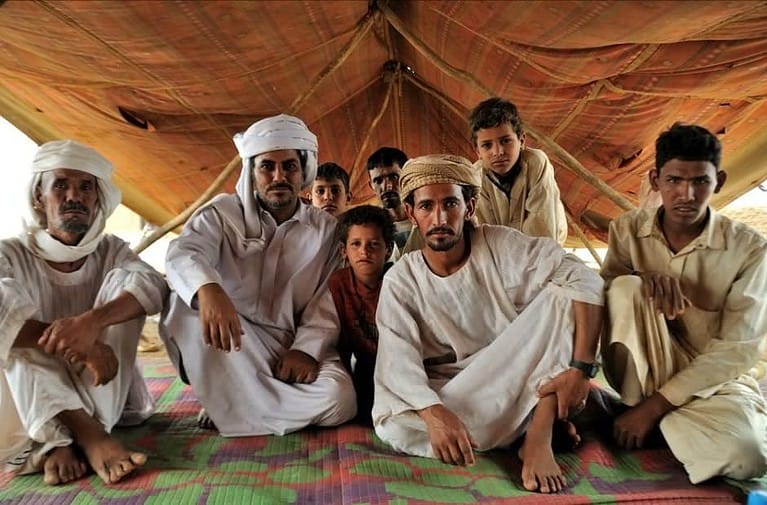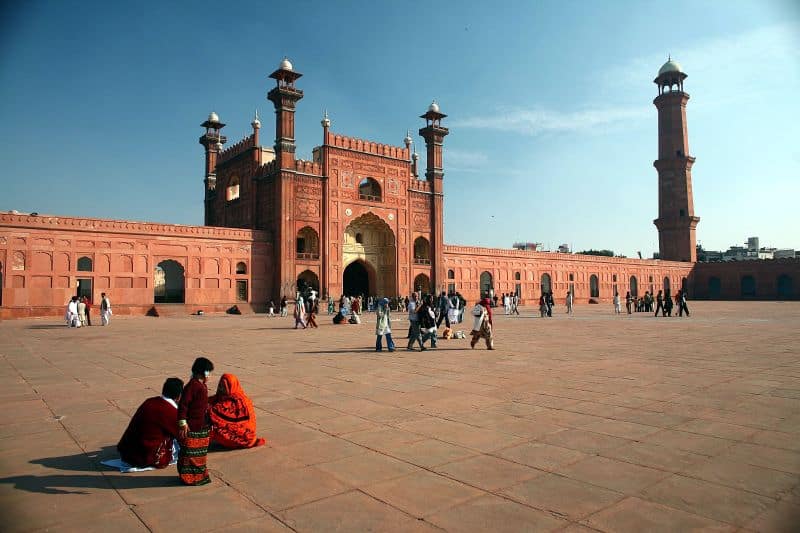Shame-Based Culture
Shame-Based Culture by Roland Muller is about Danish newspapers publishing cartoons of the Prophet Muhammad igniting riots around Muslim countries against it
Shame-Based Culture by Roland Muller is about Danish newspapers publishing cartoons of the Prophet Muhammad igniting riots around Muslim countries against it

Whether you are meeting at an Arab Muslim's home or doing business in a Muslim country, there are certain social graces, customs and behavior which must be understood. Here is a short summary of the key points to keep in mind.
Even before Islam, sulha came about as a means for settling disputes in the absence of a legal system. Musalaha (reconciliation) is reached in the step-by-step process of sulha, practised by both Muslim and Christian Arabs.

The ultimate corporate expression of Muslim community is called "Ummah", an Arabic word meaning "people, generation, or community". For Muslims, the reality of the Ummah is especially experienced during the Muslim pilgrimage or Hajj to Mecca. Remember that there are literally millions of Muslims around the world praying towards Mecca (Qibla).
Most Christians are fairly uninformed about Islamic beliefs. In a similar way, many Muslims do not understand or are ignorant of Christian teaching about Jesus. Muslims claim that Jesus did not die on the cross - such a death is considered to be unworthy of such a good prophet. They affirm that Jesus was taken up to heaven without dying.
Possibly three-quarters of the world's Muslims are not from an Arabic background; however, Mohammed's Arab lifestyle and cultural background have profoundly influenced Islam. Arabs are Semites (descendants of Shem) with three types of Middle Eastern Arabs: the Joktanites, the Ishmaelites and the Keturahites.
Muslims believe that God is only one and He has no associates. Christians do not believe that Jesus is an associate of God but that He is God in the flesh (John 1:1-18). Knowing God as a Trinity is a profound thing. In the words of Francis Schaeffer: Love, communication and friendship have always been present between the Father, the Son and the Holy Spirit. The Trinity gives us an example of how to live.
Arabic names form the basis of many Muslim names around the world. Many of these names have significance drawn from the Islamic understanding of the God of Abraham. Given names and family names based on the 99 names of God used in Islam are quite common among Muslims from many nationalities.
Zakat consists of giving 2.5 per cent of one's annual increase in goods or funds or both. See the Grameen Bank Concept
The abundant references to Biblical characters in the Qur'an definitely show that Mohammed (Muhammed) was influenced by many aspects of Jewish and Christian teachings. However his idea of God does not include very significant Christian concepts about God. For example...